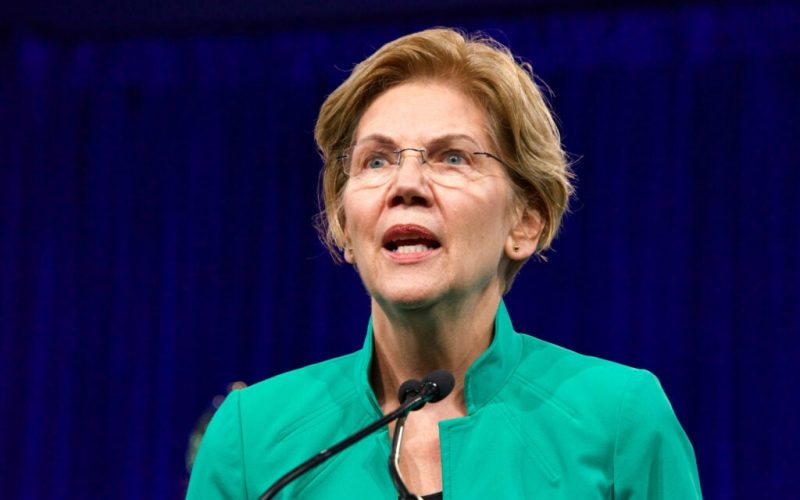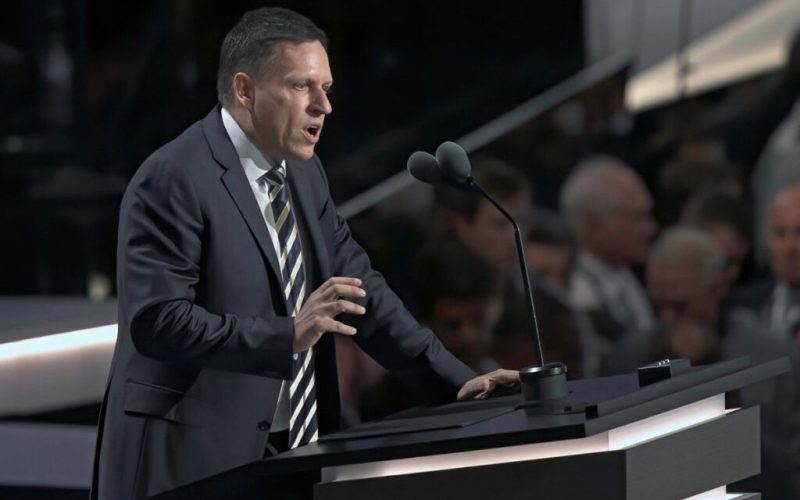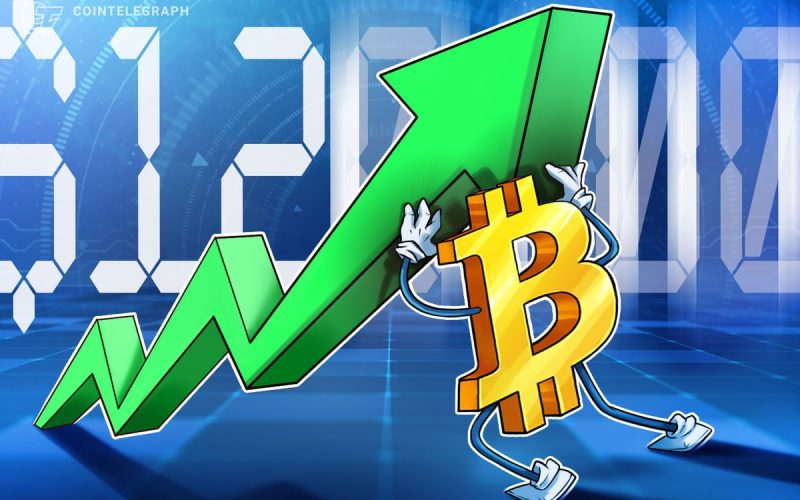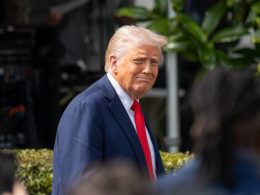In a recent interview, Senator Elizabeth Warren (D-Mass.) underscored the urgent need for stringent cryptocurrency regulation, asserting that the current regulatory framework is a significant contributor to corporate corruption and poses a risk to the economy. Warren’s remarks came during her discussion on MSNBC, where she expressed her concerns over how existing cryptocurrency policies may inadvertently enable corrupt practices, particularly those associated with former President Donald Trump.
“Look, we need crypto regulation, but we don’t need the regulation written by the crypto industry that supercharges this kind of corruption,”
Warren stated emphatically. She went on to highlight the necessity for regulations that curtail the influence of elected officials in cryptocurrency trading, emphasizing the importance of consumer protection against potential misuse by illicit actors such as terrorists and drug traffickers.
Warren’s criticism is not new; it echoes her previous evaluations of cryptocurrency-related legislation, notably the GENIUS Act and the CLARITY Act. She has consistently argued that these bills fall short in addressing the issue of corruption, particularly in light of financial dealings involving Trump’s family, including ventures like the Official Trump TRUMP/USD memecoin and the USD1 dollar-pegged stablecoin.
Senator Warren’s apprehensions extend to the broader implications of cryptocurrency on the economy and governance. She has voiced her discontent with the support these bills receive from some Democratic lawmakers, suggesting that they prioritize industry interests over the public’s demand for a just economic landscape and affordable living conditions.
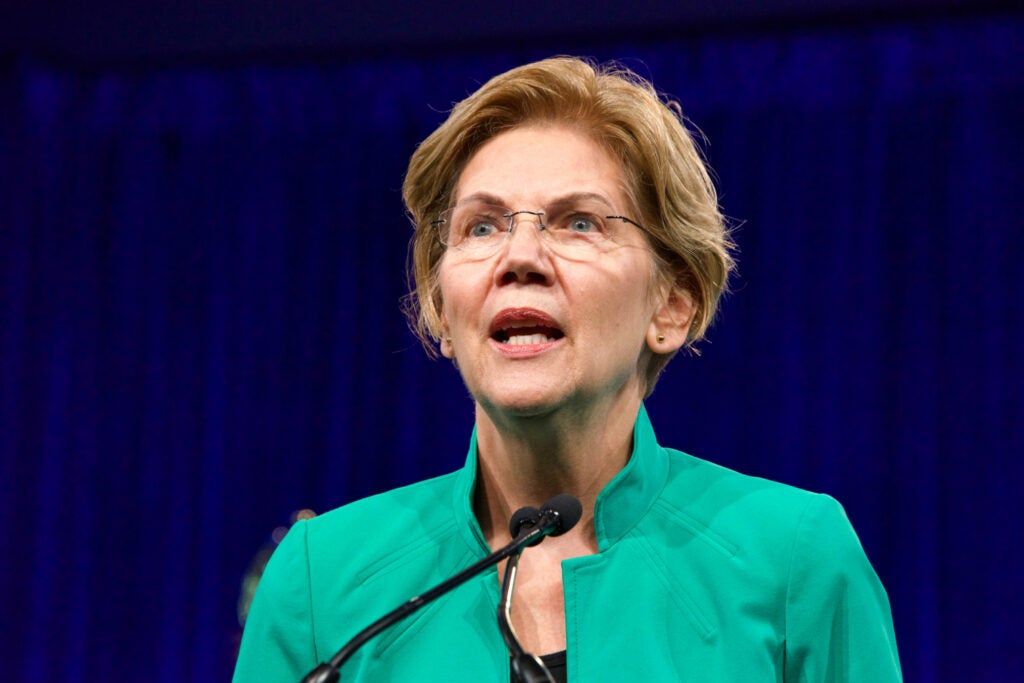
In her critique, Warren pointed out that former President Trump reported earnings exceeding $57 million from World Liberty Financial, the company behind the USD1 stablecoin, in his latest financial disclosure. When questioned about the meme coin, Trump denied claims of financial benefit from the initiative, adding another layer of complexity to the ongoing discourse around cryptocurrency and political accountability.
The White House has yet to respond to inquiries regarding Warren’s statements, leaving the discourse open for further developments. As the cryptocurrency landscape continues to evolve in 2025, the call for responsible regulation remains paramount, with advocates like Warren pushing for reforms that ensure transparency and protect consumers.
As the debate surrounding cryptocurrency regulation intensifies, it is clear that the implications of these financial innovations extend beyond mere investment opportunities. The intersection of economic policy, corporate governance, and ethical standards is increasingly scrutinized, making it imperative for lawmakers to approach cryptocurrency legislation with caution and foresight.
For more insights into the ongoing developments in cryptocurrency regulation and market dynamics, keep an eye on reputable financial news sources.
Source: Benzinga. All rights reserved. © 2025 Benzinga.com. Benzinga does not provide investment advice.



